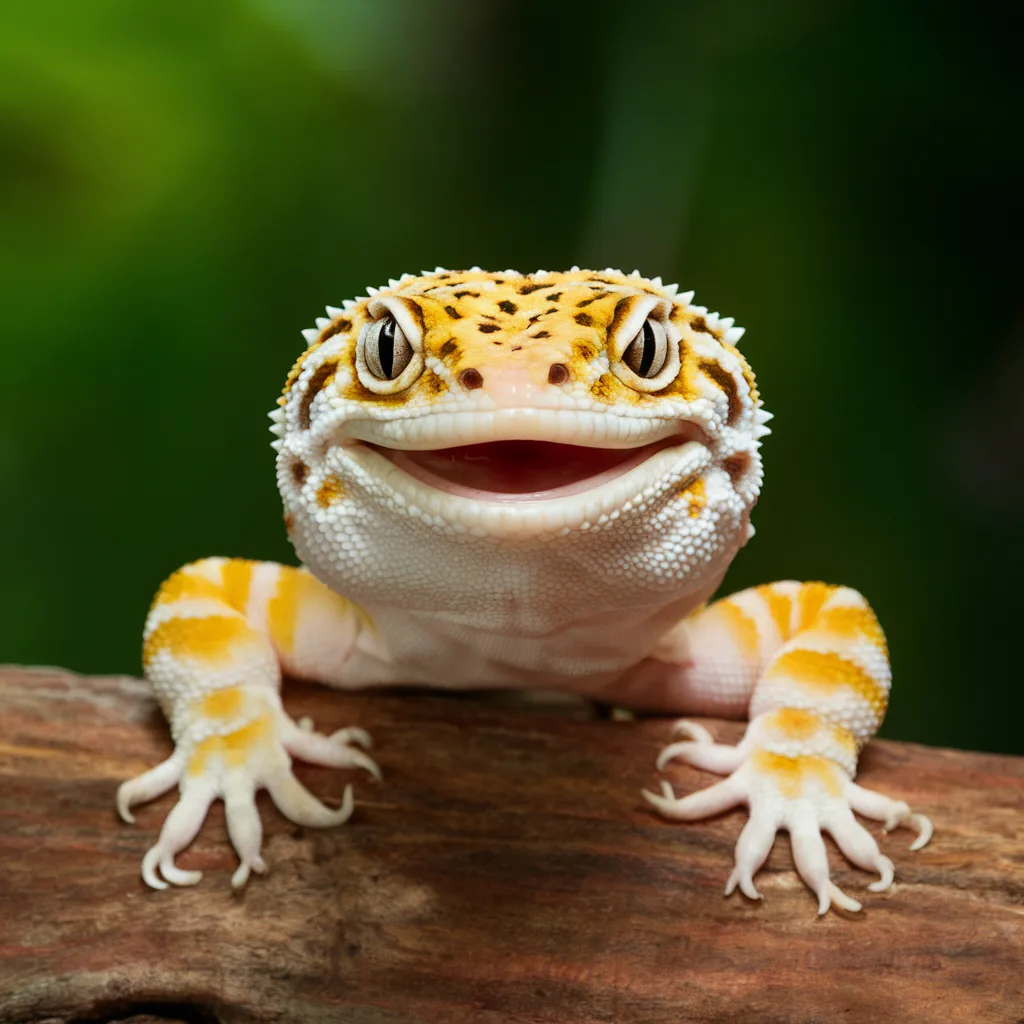Blog
Poop Clues: How to Diagnose Your Leopard Gecko’s Health

Leopard geckos are fascinating reptiles and make wonderful pets. As a responsible owner, one of the ways to ensure your gecko’s well-being is by monitoring its poop. Yes, you read that right! Your gecko’s droppings can tell you a lot about its health. Here’s how to diagnose your leopard gecko’s health by examining its poop.
The Basics of Healthy Gecko Poop
1. Appearance
- Color: Healthy leopard gecko poop is typically dark brown to black with a white tip, which is urate (solid urine).
- Consistency: The feces should be firm but not too hard, while the urate should be white and chalky.
2. Frequency
- A healthy leopard gecko will usually defecate every 1-3 days, depending on its diet and age. Younger geckos tend to poop more frequently than adults.
Signs of Health Issues
1. Diarrhea
- Signs: Watery or runny feces.
- Causes: Diarrhea can indicate stress, parasites, bacterial infections, or dietary issues. If it persists for more than a day or two, consult a vet.
2. Undigested Food
- Signs: Visible insects or parts of insects in the poop.
- Causes: This may suggest an issue with your gecko’s digestion, possibly due to inadequate heating in its habitat or an underlying health problem.
3. Mucus or Blood
- Signs: Presence of mucus or blood in the feces.
- Causes: This can be a sign of a serious gastrointestinal issue or infection. Immediate veterinary attention is necessary.
4. Color Changes
- Signs: Unusual colors like green, yellow, or red in the poop.
- Causes: Color changes can be due to diet, but if accompanied by other symptoms like lethargy or loss of appetite, it might indicate a health issue.
5. Constipation
- Signs: Infrequent defecation, hard and dry feces.
- Causes: Constipation can result from dehydration, low humidity, or impaction caused by substrate ingestion. Ensure your gecko has adequate hydration and the correct substrate.
Tips for Maintaining Your Gecko’s Health
1. Proper Diet
- Feed your gecko a balanced diet of appropriately sized insects dusted with calcium and vitamin supplements.
2. Optimal Habitat Conditions
- Maintain proper temperatures (75-90°F) with a gradient, provide a humid hide, and ensure a clean environment.
3. Regular Check-ups
- Schedule regular veterinary check-ups to monitor your gecko’s health and catch any potential issues early.
4. Hydration
- Provide fresh water daily and ensure your gecko is well-hydrated, especially during shedding periods.
5. Observational Habits
- Regularly observe your gecko’s behavior and poop. Early detection of changes can lead to prompt treatment and a healthier gecko.
Conclusion
By paying attention to your leopard gecko’s poop, you can gain valuable insights into its health. Keep an eye out for any changes in color, consistency, or frequency, and don’t hesitate to consult a vet if you notice anything unusual. With proper care and observation, you can ensure your leopard gecko stays happy and healthy.



